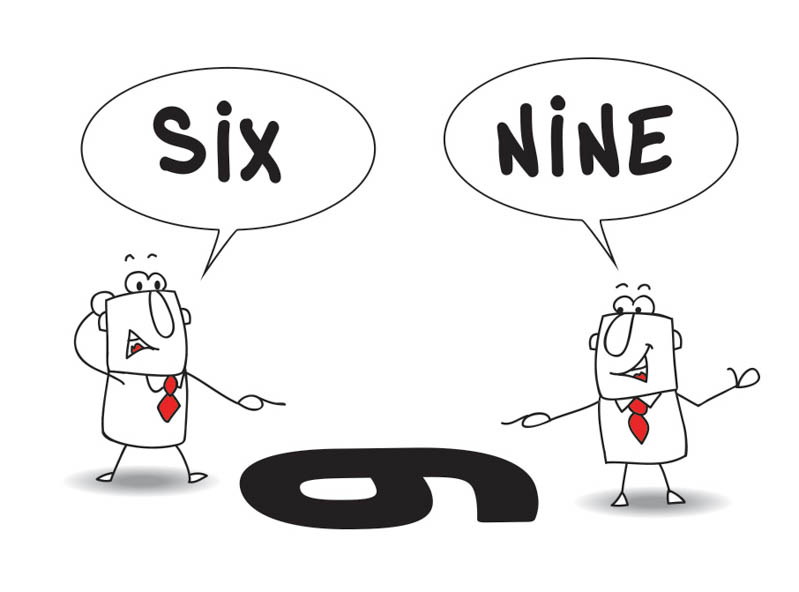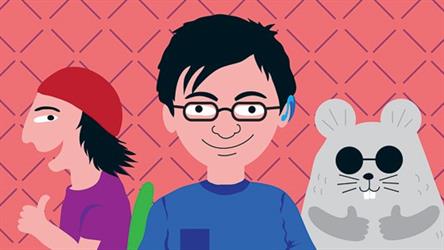Uncover Your Values And Evaluate Them To Resolve Tension

Many of us are familiar with the Public Service’s values of Integrity, Service and Excellence. Each public agency also has its own values, which guide decision-making and define what the organisation stands for.
While we may know our organisational values, how many of us have reflected on our own values?
Values are qualities that we feel strongly about, define who we are, and clarify our priorities. When they are violated, strong emotions, such as anger or mistrust, can be evoked. One’s values may also not be virtues, which are what a society deems morally desirable, such as honesty.
In change management, uncovering our values is an important step in identifying and explaining how we think and behave. Let’s look at how values and ways of thinking can affect behaviour.
Situation 1:
A friend’s two-year-old was blocking the entrance to a McDonald’s. He wanted to open the door but did not know how. Meanwhile, a man wanted to enter the restaurant. After twice saying “excuse me” to the boy, the man looked at my friend, who was distracted with a stuck bag zipper, and said he wanted to go inside.
My friend quickly pulled her kid away. Reflecting later, she was certain that the man could see that her son needed help, and flabbergasted that he did not open the door for the toddler.
I disagreed. The man likely refrained from “correcting” the boy to avoid offending the mother. By minding his business and expecting the mother to handle her child, he was trying to maintain harmony (what he values).
Situation 2:
Much to my parents’ dismay, I would go for overnight camps, months-long community work trips or treks overseas. What values can you identify of my parents and me?
My parents’ values of love and safety led them to think that they have to protect their child from harm, given the unforeseeable dangers overseas.
My values of independence (“I have the right to do what I want”), purpose (“I am embarking on meaningful work”) and adventure (trekking trips rejuvenate me and allow me to know myself better) clashed with theirs.
When values are in conflict, we experience tension. This can strain relationships. My frustrated parents would avoid eye contact with me every time after I told them of a coming trip. Eventually, I resorted to informing them just a day or two before I went away.
We can help each other resolve the tensions. I learnt that my parents and I could reconcile our differences in these ways taught by course trainers Jacob Lee and Khoo Seok Lin:
Rearrange your circumstances
I did not stop my pursuits of adventure. But I always made sure I came home unhurt. While I push myself on treks, I would hold back for more dangerous parts of the journey I’m less ready for, such as alpine climbing. Over time, I was able to show that exploration trips need not be dangerous, and I could take care of myself.
Reframe the meaning of the values
My parents probably had to redefine their idea of love to include respecting my decisions and beliefs.
Reorder the values
I was conscious not to compromise my parents’ trust. Whenever I had to decide between embarking on the unknown and the certainty of coming home unharmed, I chose the latter.
To uncover our values, reflect on these questions, shared by the course trainers:
- Think of situations that made you angry or dissatisfied. Why were you angry? What values were violated?
- What are the things and activities that you are passionate about? Why do they bring you joy?
- What do you spend most of your time and money on?
- Recall instances when you stood firm in your decisions. What were you standing up for?
Next time you feel strongly about a decision or situation, think about the values that drive your emotions and behaviours. When in disagreement, withhold judgement and try to understand and align values using the 3Rs above. Doing so could strengthen your sense of purpose and relationships.
Ms Audrey Tan is Senior Manager of Organisational Development & Corporate Services at the Ministry of Manpower. This is the fourth in a series of reflections from participants of the Leading & Sustaining Change Programme at the Civil Service College.
- POSTED ON
Jul 1, 2015
- TEXT BY
Audrey Tan
-
Work Better
It's Easier than You Think








